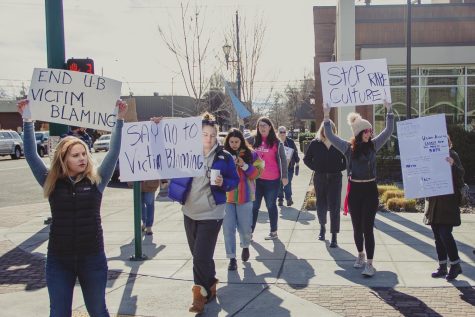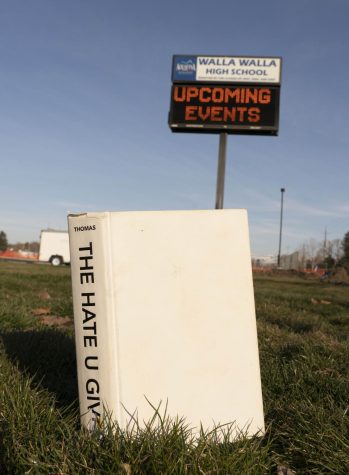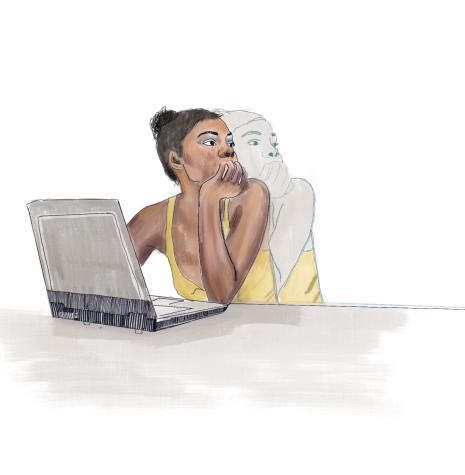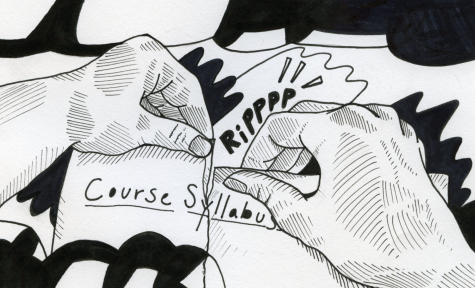Women in Leadership Symposium Focuses on Diversity and Advocacy
October 13, 2016
Whitman’s annual Women in Leadership Symposium will take place Oct. 27, following a year of reexamination of its organizational process. A student-led protest of the symposium last year led to an effort by students, administrators and Colleen Willoughby ‘55, the symposium’s founder, to ensure that the symposium’s panelists would include more women of color and better represent students’ interests.
Willoughby established the annual symposium in the 1980s in an effort to provide Whitman students, faculty and Walla Walla community members the opportunity to connect with women in business, philanthropy and other leadership positions. It features a dinner hosted by President Murray and open to nominated senior women, a lunch open to the Whitman and Walla Walla communities and a panel of prominent women invited by Willoughby. The panel, where last year’s protest occurred, will take place this year at 4:30 p.m. in the Reid ballroom on the day of the symposium. Willoughby has been actively involved in choosing each year’s panel members since the symposium’s inception.
At last year’s symposium, a group of students protested the lack of women of color and called for more student input in the choice of panelists. This led to the creation of a student committee that Willoughby met with to take student input.
The committee included several students who had been involved in that protest as well as delegates from on-campus organizations including Feminists Advocating Change and Empowerment (FACE) and For Us By Us (FUBU), a group that addresses issues facing students and faculty of color. The Student Engagement Center (SEC), which facilitates the event each year, was also heavily involved in the committee and in enabling communication between the committee and Willoughby.
The committee met with Willoughby once in person and once by phone. They were tasked with creating a list of potential panelists to reach out to. Willoughby took on her usual role of choosing and recruiting speakers, and the list served an advisory function.
The final panel consists of Trish Dzika, the Executive Director of the Technology Access Foundation; Susan Millender, Executive Director of Guided Pathways Support for Youth & Families; and Diane Douglas, Executive Director at Seattle CityClub. Of the three, only Dzika was suggested by the student committee, but both she and Millender are women of color. Two other women from the list were initially expected to speak on the panel, but were forced to cancel due to scheduling conflicts.
Assistant Director of Career Development Gayle Townsend, who worked closely with the committee and with Willoughby on this year’s changes, is optimistic about the future of the symposium.
“[Willoughby] stepped up, she really stepped up and was very engaged with this committee and talking with these students, and listening and hearing what they had to say, because they were pretty passionate about their concerns and their issues,” Townsend said. “We’re hoping…that we’ll reconvene with the committee in January and start to look through the names of panelists and start making suggestions and recommendations of women that students would like to see come to campus,” she later added.
Townsend also noted that the list compiled by the committee could prove useful in bringing speakers to campus for other events.
Willoughby, too, sought to reflect the interests of the protestors and committee in this year’s event, which is titled “Stand For Your Mission: Voices of Advocacy.” According to Willoughby, the women on the panel were chosen for their various approaches to advocacy.
“I’m taking a different tack on how we discuss advocacy. I think that a protest is a way to advocate something that one cares about, but I think that there are other ways to voice your concerns about an issue that you care about,” Willoughby said in a phone interview. “I’ve asked each of these women this year to individually talk about how they approach diversity and advocacy.”
Senior Annie Want served as a committee member and protested last year’s panel. Want believes that this year’s changes represent a necessary compromise.
“I think, [of] the goals that we had in mind, some were met and some were not,” she said. “There are two women of color on the panel this year, and there’s one white woman. That’s an improvement from last year.”
She added, however, that she and Willoughby still have divergent visions of what the symposium should be.
“I think [Willougby’s] vision for the event is that she really loves people who are into philanthropy. But there’s a certain level of privilege or wealth that comes with being a philanthropist…So not everybody can be a leader in that way. So we talked about also trying to veer away a little bit from that vision of leadership as connected to a certain kind of philanthropy or a certain kind of foundation.” Want said.
“I think our ideas about moving away from philanthropy, moving away from foundations, moving away from a certain vision of a leader maybe haven’t been implemented in the way that we were hoping. But I think overall I’m really proud of the work that we did,” Want added.
Townsend and SEC director Noah Leavitt praised the work put in both by the students and by Willoughby.
“With large organizations of this type, whether they’re colleges, or businesses…any kind of large structure, change sometimes takes a little bit longer, and thankfully we had a group of people that were persistent enough to stay involved over the course of the year, including work during the summer,” Leavitt said. “We’ve been very impressed with that.”








